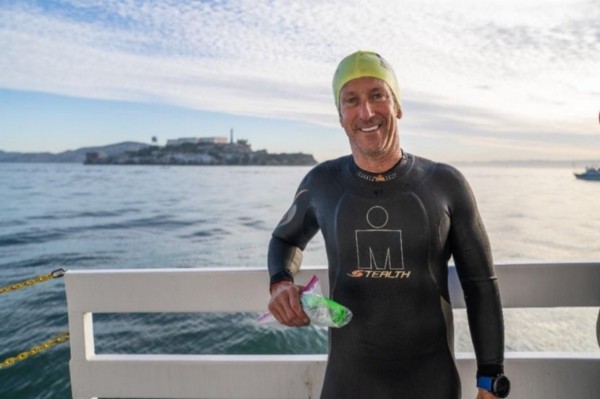
Throughout his prolific career, Scott Cathcart has embraced the serial entrepreneurship lifestyle and sought out opportunities for growth, change, and prosperity. Professionally, Scott has led a productive life, working for Fortune 500 companies and founding startups across the nation and overseas. As with most successful entrepreneurs, Scott Cathcart’s passion for innovation has led him to achieve success in various industries, both independent and intersectional.
One of the most promising industries with which Scott is involved is that of pharmaceutical cannabis; because he believes that this industry can become a crucial player in global health within the next decade, Scott Cathcart is determined to be at the forefront of entrepreneurial change. Scott currently serves as the CEO and co-founder of Pure Jamaican, a multinational business dedicated to medicinal cannabinoid molecules’ legal production as Active Pharmaceutical Ingredients (APIs) for medicinal purposes. He has made an effort to employ a skilled executive team with experience in relevant fields and industries to ensure the business’s safety, security, prosperity, and success.
In addition to his business ventures, Scott Cathcart is dedicated to having a positive impact on the world at every level. From working with local leaders in Jamaica to benefit impoverished communities in participating in impact investing, Scott strives to embrace a charitable lifestyle that stems from his entrepreneurial spirit and business prowess. In 2010, following the devastating earthquake that rocked Haiti’s infrastructure, Scott Cathcart ventured to the impacted region to provide resources, aid, and replacement facilities. During this time, Scott visited a refugee camp with Shakira, learning about her humanitarian efforts in the process, and becoming inspired to build a new school. However, the project ultimately fell through after the construction of the Texas facility due to land title issues in Haiti, where many of the records had been buried due to the earthquake.
Scott Cathcart continually makes an effort to seek out opportunities that are both profitable and productive for individuals, communities, and demographics in need. He is a devoted father and experienced entrepreneur who strives for success with every venture. Be sure to follow him on social media and check out his website.
Scott Cathcart on How has Covid-19 Changed Leadership Positions
The COVID-19 pandemic has changed leadership for the better. In many aspects, leaders have become more aware of their weaknesses and willing to make significant changes. During a dramatic event, every leader’s position changes in numerous ways.
Leading Without Fear
Fearless leaders have been born from this COVID-19 pandemic. The best leaders have not allowed fear of failure to control their decisions during the disaster. Store and restaurant owners have continued to keep their doors open at the risk of losing money by not having enough customers. Business owners have dipped into their savings accounts to save their businesses at their expenses. Overall, leaders have learned to stretch their survival limits and overcome their feelings of uncertainty to remain successful.
Leading With Many Hats
Being a versatile leader is not optional when a disaster hits. Sometimes, the only way to survive is to develop new skills and perform tasks that one is not used to. Leaders who live through global pandemics become survivalists who acquire survival skills to help them prepare for another disaster. If they have lost profits, they develop a few more skills in financing and accounting. If they have lost contact with employees or coworkers, they improve their methods of remote communication.
Adapting to Change
Pandemic-era leaders develop strong adaptability to change. They learn to change schedules, hire new staff, fire old staff, revise contracts, learn new methods of communication and perform many other tasks that they never expected to do at all. They gain experience in adapting to any change that comes their way.
Self-Conscious Leading
Business owners have become more self-conscious as they’ve become better leaders. Their vulnerabilities become well known to themselves and the rest of the public. They may realize that their career is not as stable as they thought it was, changing their ways of thinking and doing business.
Leaders never stay the same after a catastrophe, and that is usually a good thing. They begin to understand what is important to have, like a savings account and good accounting skills, and what is not important. They have a better understanding of the skills, tools, and people they need to survive in the future.
